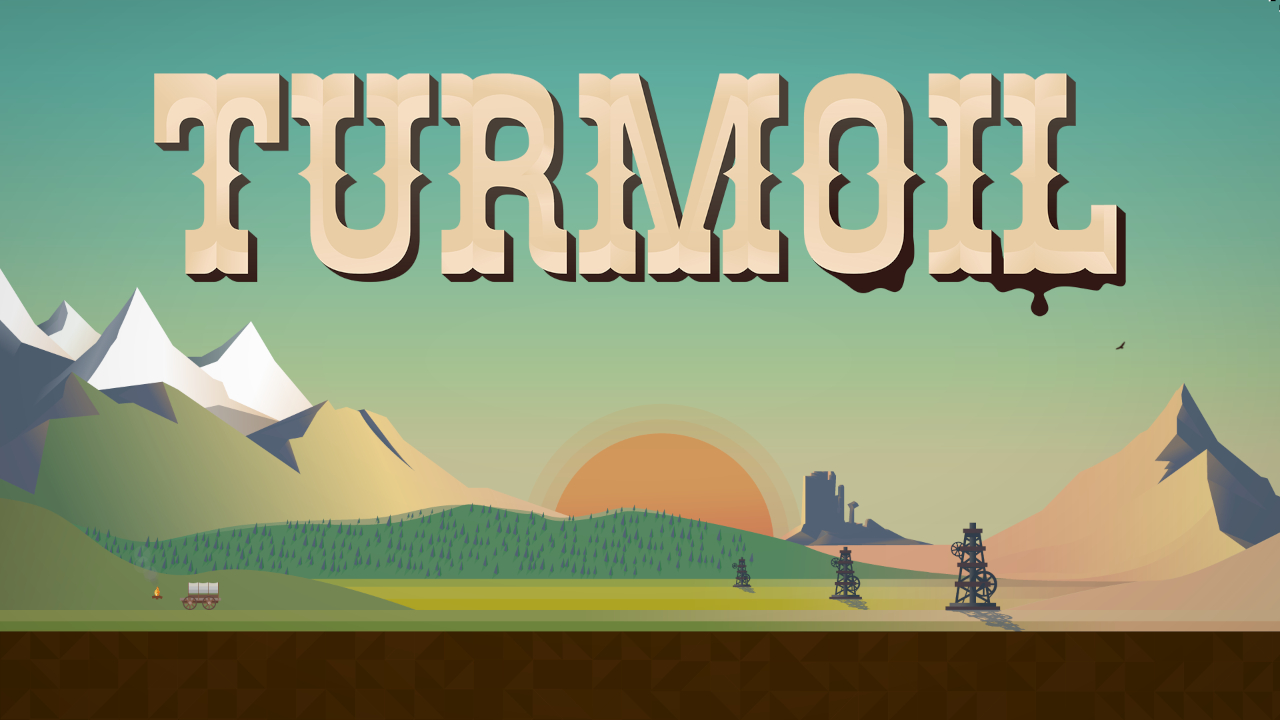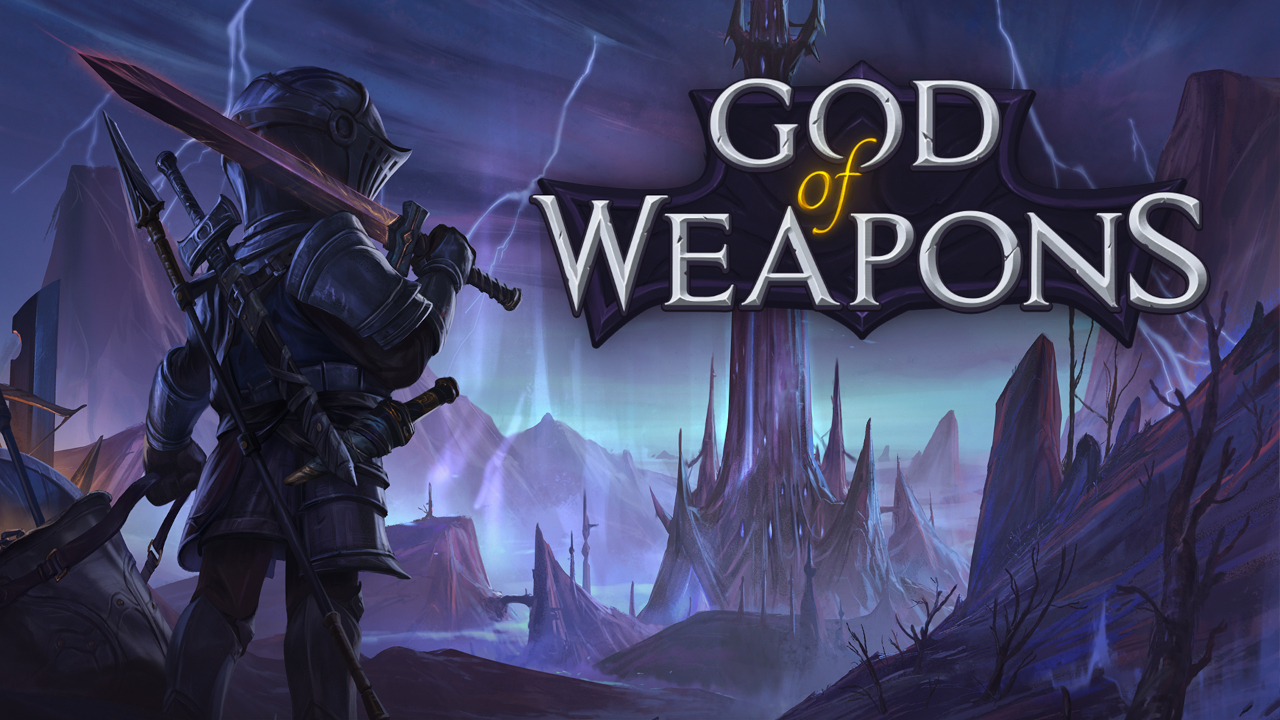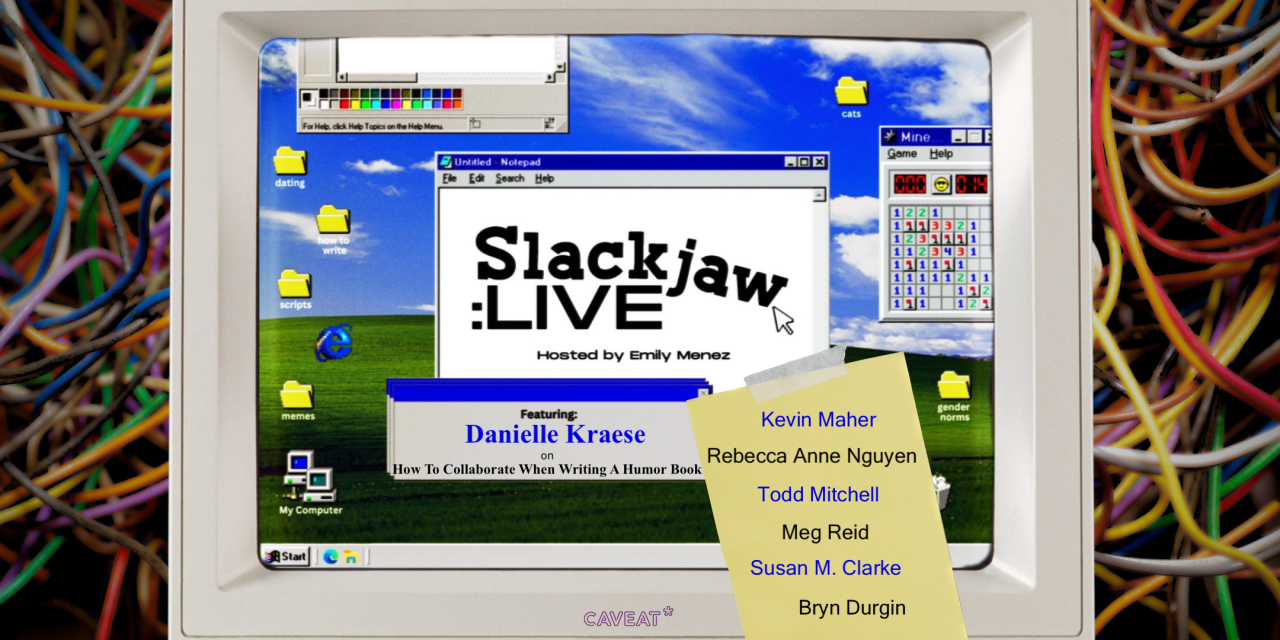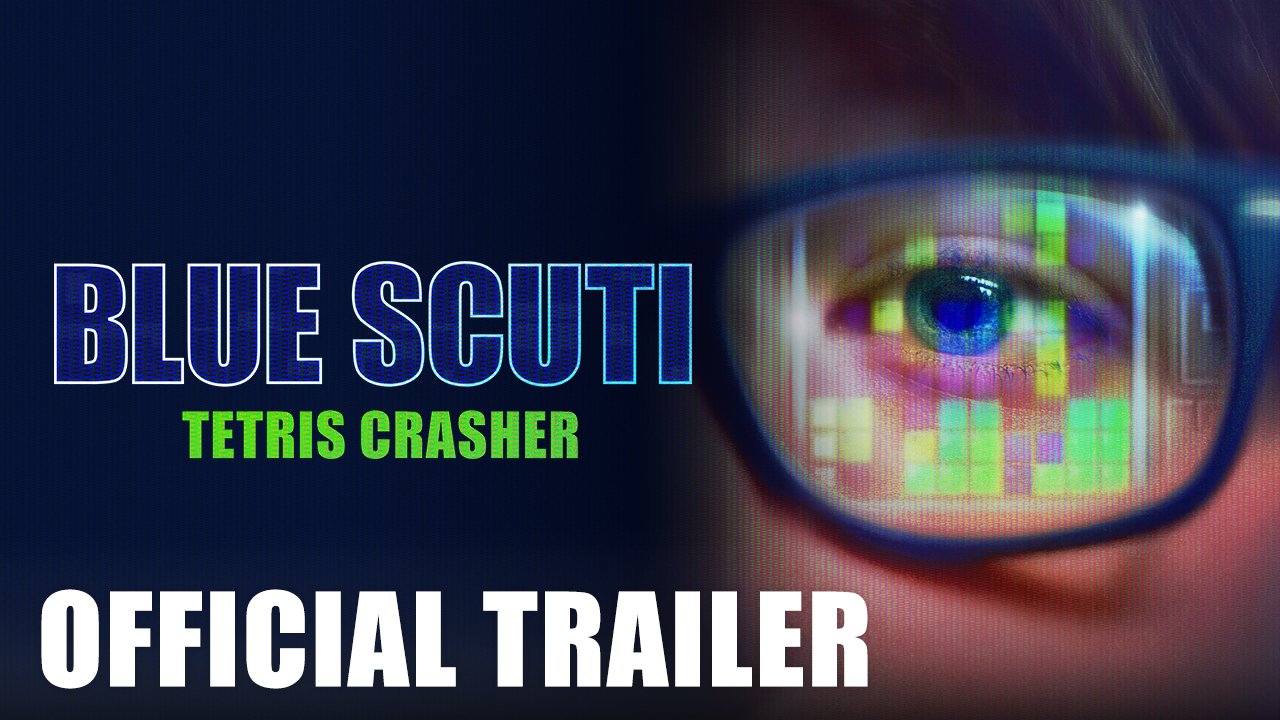So You’ve Asked Someone to Work on Your Game for Exposure/Profit Sharing also links here.
Hi, aspiring designer! If you’ve been sent to this page, there’s a good chance you asked someone–or maybe many people–to work on your game for free.
“What’s wrong with that?” you may be asking yourself. “Why is everyone so angry?” This article aims to catch you up on a trend in digital creation that isn’t your fault, but may require you to adjust your approach. You probably have great intentions, and this article aims to provide you with sound strategies to move forward with your enthusiasm for game development and create a positive relationship with the game dev community.
The Trend
Despite the game industry’s incredible growth and success, game development careers are notoriously difficult to get started–like, professional athlete difficult. Without finding just the right opportunity, people routinely invest years of skill development and preparation and still never land a job in the industry at all. Others get the opportunity and turn their whole lives upside down to make it work, only to fall victim to layoffs and other unfortunate realities of the pro development scene. Because of these difficulties, the indie scene and the larger learning scene have become one massive community of aspiring creators–let’s call it the “not-industry”–who have accepted the vulnerability of learning in a public setting in hopes of following their dreams.
There are different schools of thought on how to cope with a lack of sufficient funding in the not-industry. Many folks simply hold down day jobs. The lucky ones have jobs related to what they do in game creation, like commercial software jobs, graphic design for web and marketing purposes, or freelance writing for just about anyone. If these weekend warriors finish a worthy product, it may earn a nice little monetary reward; very few of them will get to quit their day jobs over it. Others seek to leverage crowdfunding or attract a publisher to keep the lights on and the hard drive spinning. Some are still in school and have their needs met for a time, and they hope to create something that shows their capabilities, pays for itself, or leads to a professional career in games. The struggle is very real for all of these people.
Unfortunately, the concept of working for low or no pay in the not-industry tends to hang over people’s heads. Those looking to outsource a certain component like art or code within the community sometimes have little to offer, and may rely on finding someone in a position to help for not much in return. Sometimes several community members will team up and work for no pay together, with an agreement about any future profits, if any profits ever materialize. Over time this has turned into self-appointed “designers” coming to the community to have their ideas brought to life.
The Problem
Make no mistake: design is integral to game creation and not everyone can do it. The right idea for a game and the right strategy for implementation can soundly determine success or failure for a game. But it’s not safe to assume individuals with other specialties aren’t capable of their own design, or in fact, that they didn’t learn to code, write, or draw in the first place because of ideas they decided to pursue. For this reason, community members may become defensive if they get the sense that you’re presenting an idea as if they need it to succeed. They’ll be quick to tell you that it is you who needs them, and they are likely right.
If you’re resistant to this idea, consider if someone had pitched Queen on the idea of writing a certain song just before they went off and came up with Bohemian Rhapsody. Perhaps someone did. Would it have mattered? What if Bohemian Rhapsody itself had been the suggestion of someone outside the group. Would the concept have been worth anything without its brilliant implementation? How might the following Upwork job have panned out?
“Hi. Looking to recruit 4-5 performers to develop a song idea I have about a man discussing something with his mother. Volunteer only; 3+ years experience preferred. Message for details.”
Success in art is too personal for this. It can be personal among the members of a group, but that group has to have relatively equal footing and trust established. The community you’re approaching is hands-on. Everyone needs to bring a skill to the table, or at very least, a desire to learn and no apprehension about good hard work. Your idea is not equal to someone else’s sweat.
How to Move Forward
If you’ve been unpleasantly surprised by all of this, don’t abandon ship. If you’re willing to dig in and work toward your goals, you may yet find adventurers for your party. You simply need a more suitable strategy.
On the topic of “working for the exposure,” this philosophy is over. The only thing free labor exposes is that someone was convinced to work for free, and that usually only earns more requests for free work.
Some folks consider it sufficient to offer “profit sharing” after their idea is brought to life and run a team of volunteers like they’re running a major studio. I’ll start by saying I’ve never once heard of this working out (maybe someone has), but I’ll add that it would be extraordinarily difficult to do this in a way that is actually and precisely fair. Are you willing to give away the majority of the profit of your idea? Because you would almost certainly need to. How would you divide equity between two contributors who started at different times? What about one who started late versus one who left before the project was finished? With little doubt, you’d finish with some or all of your team feeling cheated and underpaid. What do you think would come next? It hardly matters; people who work free do not do so happily and they do not do it for long. Projects that get off the ground at all this way generally do not stay there.
If this profit-sharing scheme is going to work, I would strongly suggest you throw your current idea out, find like-minded creators who want to work together with you, divide up roles, and come up with something together as a group. Look at it as a partnership and an opportunity to learn. Work hard with this team and you will be doing something that has worked in the past with decent success.
My primary suggestion, however, is that you follow the path of the most successful individuals who came before you and start this project alone. You will be stunned at your own ability to identify and implement solutions as you go, and this is something countless game developers will confirm and swear by. Pay your dues, learn as you go, and limitless possibilities await.
I was challenged on this perspective just this evening by someone who said “You cannot do everything by yourself, that’s not how you grow as a developer or as a person.” I come before you as someone who taught himself the entire game development process, start to finish, and the idea that I learned less somehow by working alone is frankly absurd. That doesn’t mean I don’t believe in the power of community. My suggestion to anyone developing a game outside the pro industry is to develop in parallel with other creators. This can be done a number of ways including taking part in local or regional game development co-ops, user groups, or any other group that has a Slack or Discord server. Networking and talking shop with other developers is invaluable, and may very well lead to future collaborations, but you have to come from a place of sincerity and you yourself have to be willing to learn and put in the work.
Try not to take community sentiments about this issue personally. If you came in meaning well and you’re not simply looking for free labor, there is a place for you within our ranks. If you’re willing to personally do what it takes to bring your dream to life, you’ll fit in just fine.
If you didn’t know, we run a podcast that’s great for new creators called #GameDev Breakdown. Glad to have you aboard!
Photo Credit: “Ideas” by Sean Davis is licensed under CC BY-NC-ND 2.0






Leave a Reply